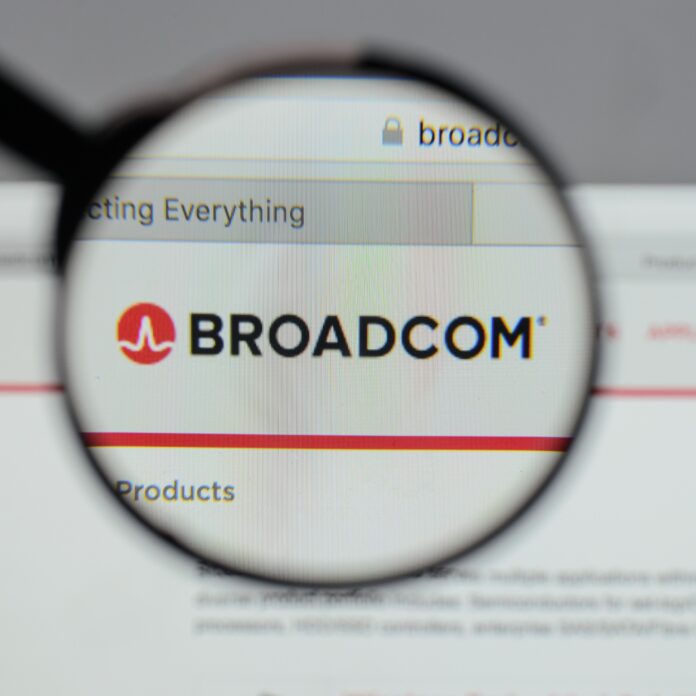Broadcom announced plans to acquire VMware for $61 billion in May 2022
Following a previous delay while regulators in both Europe and the U.S. asked for more time for consideration, Broadcom’s plan to acquire VMware for $61 billion, first announced in May 2022, has received provisional approval from the U.K. Competition and Markets Authority (CMA).
After its initial review, the CMA has declared that the acquisition was unlikely to have substantial negative impacts; however, the decision remains subject to a consultation and interested parties have until 9 August to make comments on the CMA’s findings. A final decision is due on September 12.
The CMA investigation examined the deal’s possible impact on innovation product compatibility, ultimately concluding that Broadcom’s ownerships of VMware would not substantially reduce competition for supply of server hardware components and would not limit industry innovation.
“We have provisionally concluded that the Merger may not be expected to result in a substantial lessening of competition,” the CMA’s findings stated. The investigation also looked at issues related to compatibility of products from Broadcom’s rivals with VMWare server virtualisation software, specifically considering if the deal could “harm the ability of Broadcom’s rivals to compete if the merged company were to make their products work less well (or not at all) with VMware’s server virtualisation software.”
However, it concluded, “the potential financial benefit to Broadcom and VMware of making rival products work less well with VMware’s software would not outweigh the potential financial cost in terms of lost business.”
Just last week, the European Commission (EU) cleared the deal, after Broadcom offered several remedies to assuage the market concerns put forth by the commission. The Commission’s preliminary market investigation found that, by acquiring VMware, Broadcom could have restricted competition in the markets for the supply of Network Interface Cards (NICs), Fiber Channel Host-Bus Adapters (‘FC HBAs’) and storage adapters.
Broadcom’s commitments, then, included — but were not limited to — the implementation of an organizational separation between the team working on Broadcom’s FC HBAs, and the team in charge of third-party certification and technical support; guaranteed access to the interoperability Application Programming Interfaces and the materials, tools and technical support necessary for the development and certification of third-party FC HBAs; and guaranteed access to the source code for all of Broadcom’s current and future FC HBA.
“In view of the positive feedback from market participants, the Commission concluded that the proposed acquisition, as modified by the commitments, would no longer raise competition concerns and would maintain competition on the market for FC HBAs,” stated the EC.
In a statement, Broadcom shared that it had also already secured approval from Australia, Brazil, Canada, South Africa and Taiwan.

